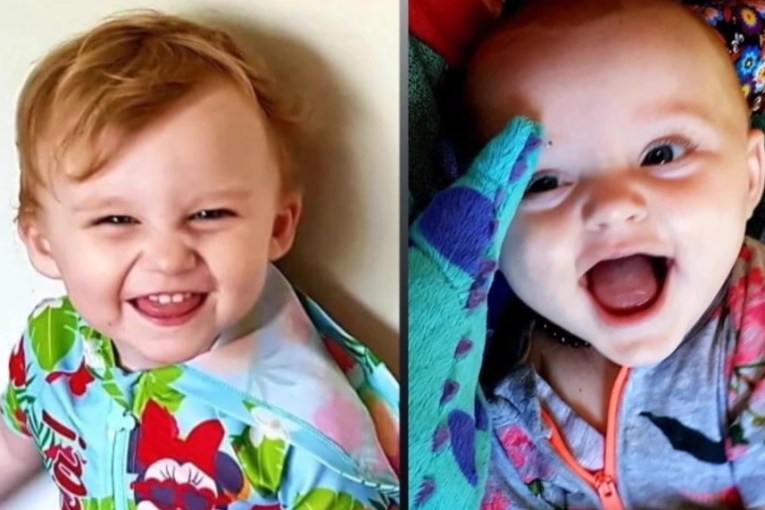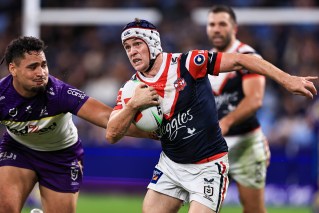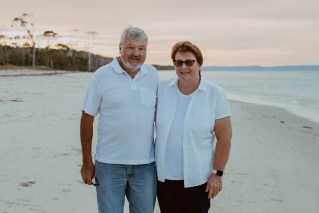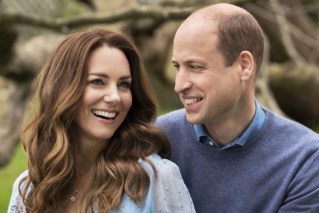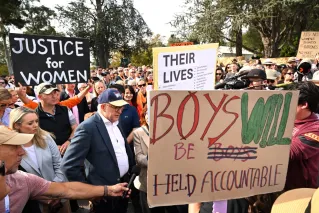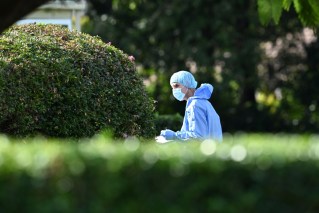Longer, tighter, harder: Battle against virus sparks harsh new clamps on movement
The inexorable spread of the Delta strain of coronavirus has pushed desperate state and territory governments across Australia to force even harsher new restrictions on an already weary population.
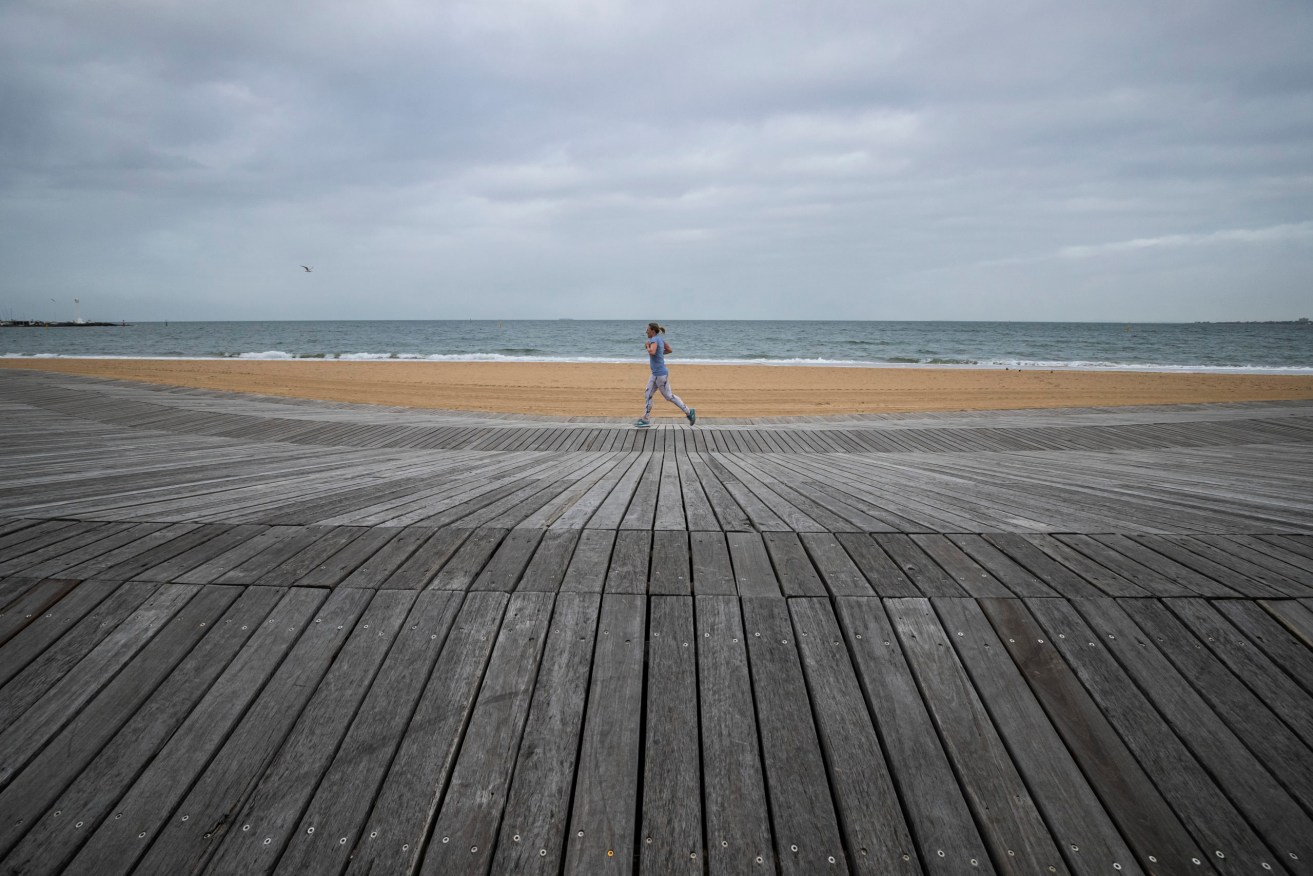
St Kilda foreshore in Melbourne, where a lockdown has been extended to at least August 19 to contain a growing outbreak of the Delta variant of COVID-19. (AAP Image/Daniel Pockett)
Queensland appears to be the only eastern state that has gotten ahead of the spread of the virus, with NSW, Victoria, the ACT and the Northern Territory recording big jumps in cases.
One after another on Monday, state and territory leaders announced some of the toughest stay-at-home orders seen since the beginning of the pandemic, with a night time curfew slapped on Melbournians , extension of lockdown rules in that state and the ACT and a snap lockdown imposed in the Northern Territory.
An angry Victorian Premier Dan Andrews said the state had no choice given the number of mystery cases, illegal gatherings at the weekend and the number of children spreading the virus.
“We’ve seen lots of different people flouting these rules, not doing as they should, making really poor choices,” he said.
In particular, Andrews said an engagement party last week of 69 people was particularly egregious.
“There has been transmission at that event,” he said.
“But what makes me really angry about that event is that each of those 69 people will have to be interviewed. Their close contact also have to be spoken to, tested.”
The announcements came as Prime Minister Scott Morrison was adamant there had never been a national goal to achieve zero cases amid multiple Delta strain outbreaks.
NSW reported a record 478 new local cases and seven deaths on Monday, while a 15-year-old boy with coronavirus died from meningitis. The entire state is in lockdown.
Melbourne recorded 22 new locally acquired infections, prompting Premier Dan Andrews to extend the lockdown in that state by two weeks and introduce a curfew similar to the one imposed last year during its three-month lockdown.
Canberra’s lockdown will be extended until at least September 2 after 19 new local cases were detected in the ACT.
Darwin and Katherine will be locked down for three days after a man who spent four days in the community while infectious tested positive.
The prime minister said the nation remained in a suppression phase of the fight against the disease while vaccination rates increase.
“The idea that you can have zero COVID in any country has never been Australia’s plan,” Morrison told the ABC on Monday.
NSW Premier Gladys Berejiklian has conceded her state will not eradicate the virus, while Andrews agrees.
Western Australia’s leader Mark McGowan is signalling he will continue to pursue a zero-case goal even after reaching 80 per cent vaccination coverage.
Federal, state and territory governments have backed targets of 70 and 80 per cent to reduce the possibility of lockdowns and reopen the country.
Morrison said Doherty Institute and Treasury modelling underpinning the national cabinet agreement was clear about the targets’ importance.
“Once you hit those levels, it is neither in our health or economic interests to go down that path,” he said.
The institute’s epidemiology director Jodie McVernon cast doubt on whether the WA goal was achievable.
“My personal view is, that’s a very difficult promise to keep,” she told ABC radio.
The prime minister said all governments agreed to the reopening strategy three times.
“That’s the deal that all premiers and chief ministers have signed up to and made that commitment to their own citizens,” Morrison said.
“We’ve got to hold to that.”
McGowan said the national cabinet agreement left the door open to targeted lockdowns when 80 per cent vaccination coverage was reached.
“We will keep that as one of our weapons in the situation we’re in,” he told reporters.
More than half of the one million Pfizer doses Australia will receive from Poland arrived overnight, with the balance to touch down on Tuesday.
About 530,000 will be rushed to 12 Sydney hot spots for people aged 20 to 39, while the rest will be shared across the country based on population.
Australia has vaccinated 26 per cent of its population aged 16 and above, while 47.7 per cent have had a single jab.
-AAP
